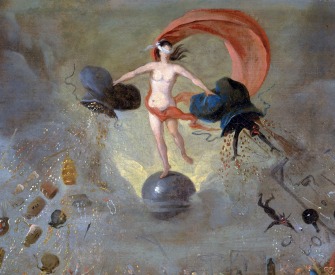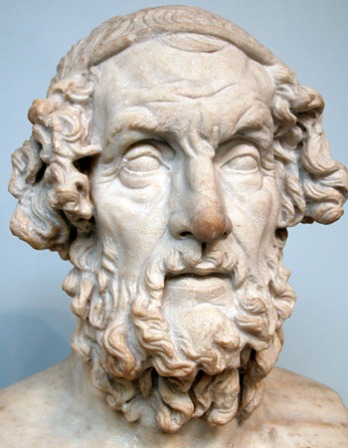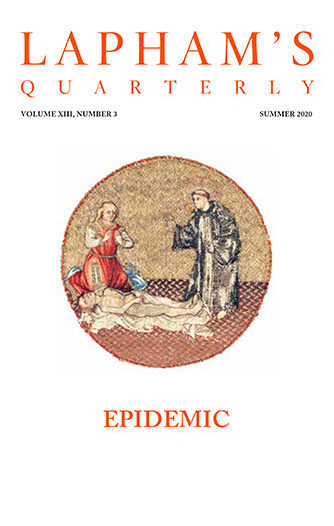In speaking of Antioch’s size, I cannot omit to say that if one put all the stoas [public walkways] together, one would find that they occupy the space of a day’s journey. As you go through these stoas, private houses are numerous, but everywhere public buildings find a place among private ones, both temples and baths, at such a distance from each other that each section of the city has them near at hand for use, and all of them have their entrances on the stoas.
What then is my purpose in this? It seems to me that one of the most pleasing things in cities, and I might add one of the most useful, is meetings and mixings with other people. That is indeed a city, where there is much of this. Truly, it is good to speak, and to hear is better, and to converse is best, and to add what is fitting to the fortunes of one’s friends, rejoicing with them in some things, sorrowing with them in others, and to have the same return from them—and in addition to these there are ten thousand things in being near to one another. People who do not have stoas standing thus before their houses are scattered by the winter; and although they can be said to live in one city, they are actually separated from one another not less than those who live in different cities, and they learn news of those who dwell near them as they would of those who are living abroad. Indeed, they are kept in their houses by rain and hail and snow and winds almost as though they were prisoners, and only the slaves, who have of old learned to endure hardship, dash off bent over to market. So when the weather clears up, they greet and embrace one another like people arrived safe from a long voyage, having been forced to neglect with regard to one another many things which the law of friendship prescribes, but blaming, instead of themselves, the things by which they were hindered. With us, however, Zeus is not thus; he does not send sharp hail, or thick snow, or heavy rain, by which the even flow of association is broken up; while the year takes its changes from the seasons, association is not altered by any season, but the rain beats upon the roofs, and we, walking about in the stoas at our ease, sit together where we wish. Those who live at the far ends of the side streets are protected by eaves which project from the walls on each side of the street, and these bring them, safe from the rain, to the stoas. So, with other people, the habit of society is dulled in proportion to the distance by which they are separated; with us, friendship grows by the unceasing nature of our association, and here it increases in the same proportion that it declines elsewhere.
© 1959 by the American Philosophical Society. Used with permission of the American Philosophical Society.
From “Oration in Praise of Antioch.” After the death of his rhetoric teacher, Libanius assigned himself the task of memorizing the ancient authors, later writing in his autobiography, “I think that I would have followed Odysseus’ example and spurned even marriage with a goddess for a glimpse of the smoke of Athens.”
Back to Issue





